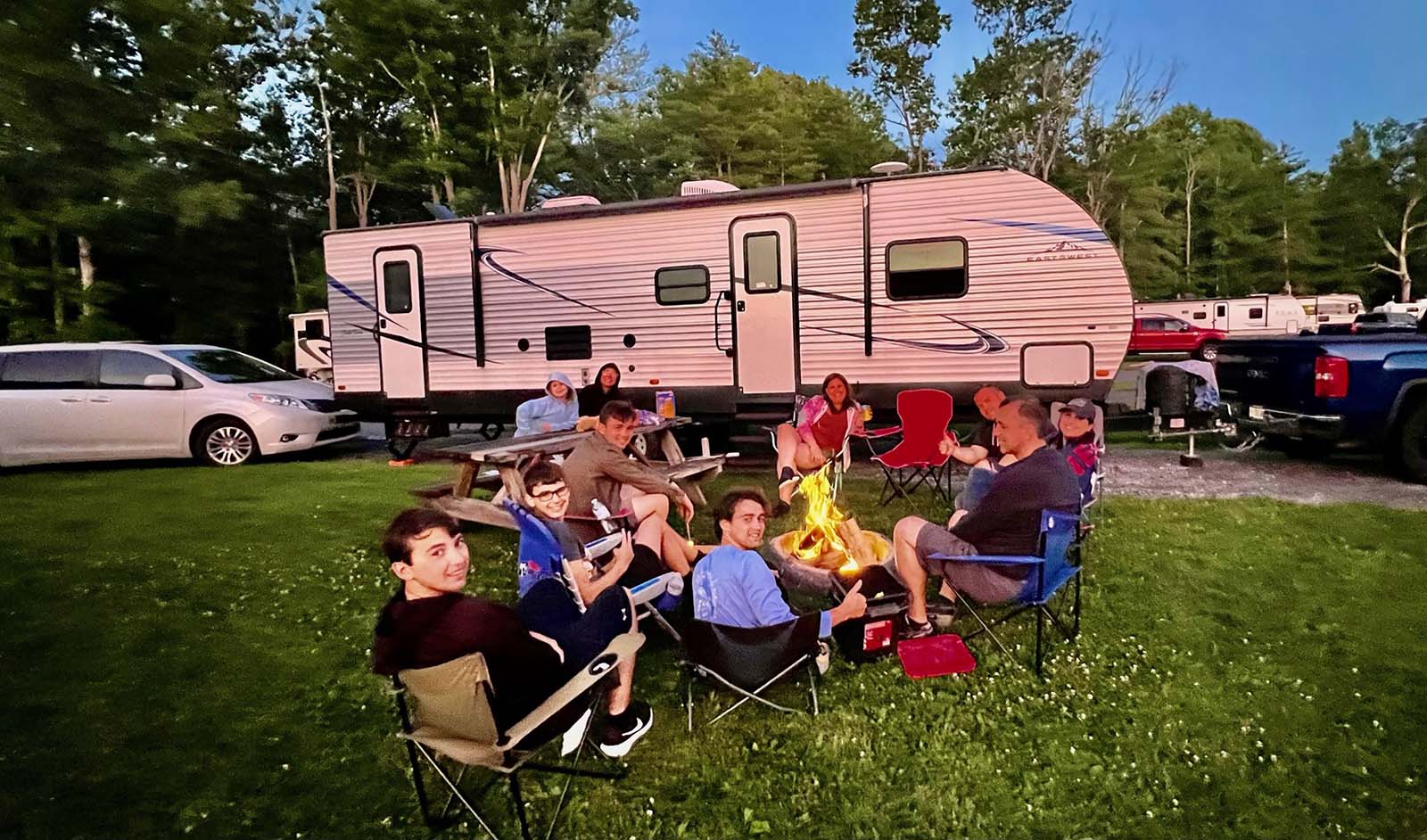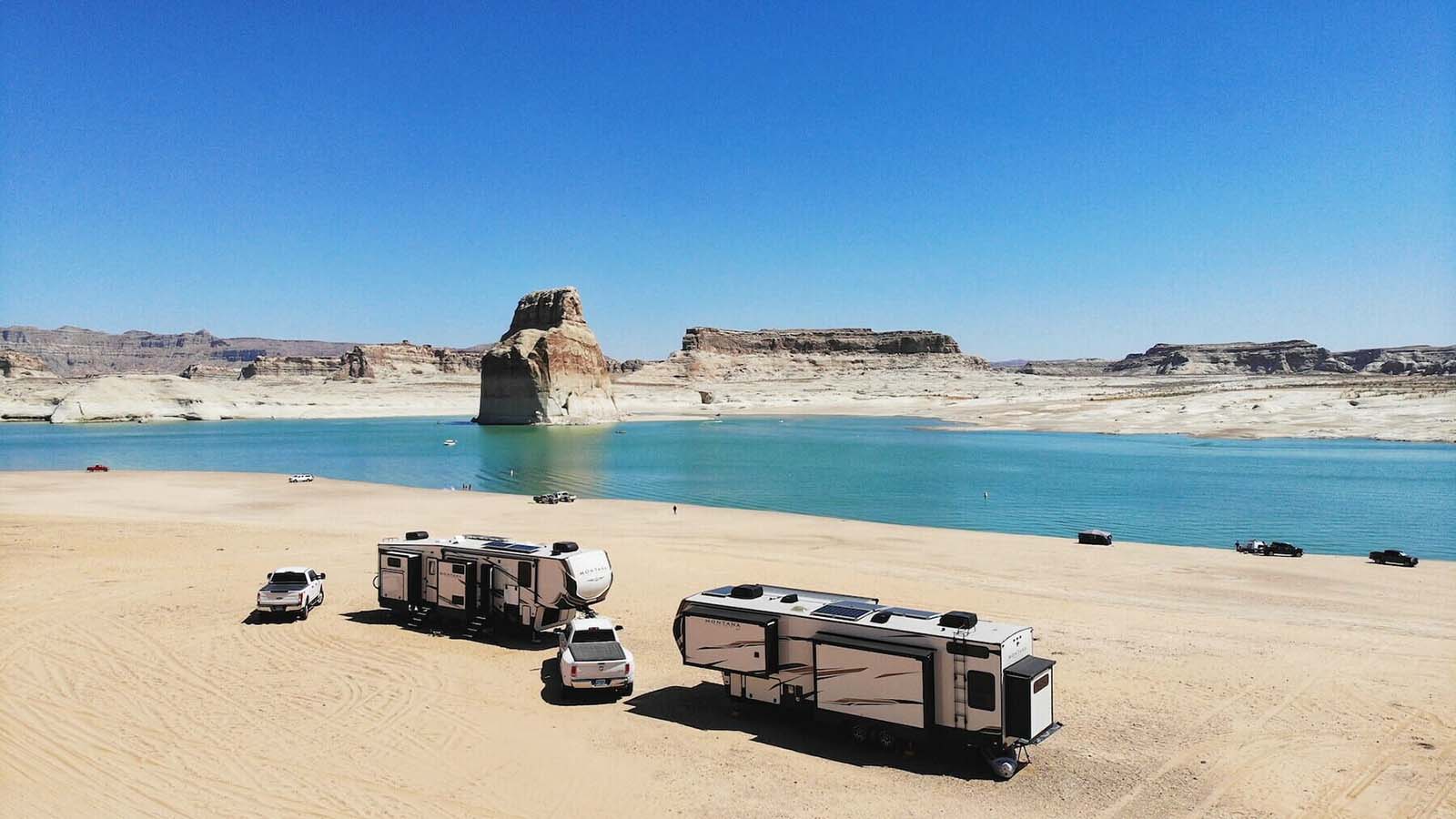Title: Running RV AC on Battery: Tips for Efficient Cooling

H2: Introduction Running the RV’s air conditioning unit on battery power allows for comfortable temperatures during camping trips without relying solely on shore power or a generator. This article provides essential tips and guidance on how to efficiently operate an RV AC on battery power to enhance your camping experience.
H2: Understanding Power Requirements RV air conditioners are power-hungry appliances, and running them on battery power requires careful consideration of power requirements. The AC unit’s power consumption can vary, depending on the size and efficiency of the specific model. On average, an AC unit may consume around 12-16 amps of DC power (direct current) per hour. Therefore, having a battery bank with sufficient capacity is crucial for uninterrupted cooling.
H3: Calculating Battery Capacity: To determine the required battery capacity, you need to consider both the capacity of your AC unit and the duration you intend to run it on battery power. Let’s assume your AC unit consumes 12 amps and you want it to run for 8 hours on battery power. Using the formula, battery capacity (in amp-hours) = AC consumption (in amps) x running duration (in hours), you would need at least a 96AH battery bank for uninterrupted operation.

H3: Selecting the Right Battery Type When running an RV AC on battery, it is advisable to choose deep cycle batteries instead of traditional car batteries. Deep cycle batteries are designed to handle repeated discharge and recharge cycles efficiently, making them ideal for extended periods of AC operation.
H3: Optimizing Battery Life To maximize battery efficiency and prolong its lifespan while running the RV AC, consider the following tips: 1. Minimize AC usage: Insulate your RV, park in the shade, or use portable fans to reduce the reliance on the AC. 2. Use energy-efficient appliances: Opt for energy-efficient light bulbs, refrigerators, and other electrical devices to minimize overall power consumption. 3. Monitor battery charge levels: Make sure to monitor your battery’s state of charge frequently using a battery monitoring system. This will help you gauge how much power is left and when it’s time for a recharge. 4. Reduce phantom loads: Disconnect or turn off any unused electrical devices or appliances to avoid unnecessary power drain. 5. Invest in solar panels: Supplementing your battery bank with solar panels can help recharge your batteries during the day, reducing the strain on your battery bank.
H2: Conclusion Running an RV AC on battery power can provide a more comfortable camping experience. By understanding power requirements, selecting the right battery type, and optimizing battery life, you can enjoy uninterrupted cooling while conserving energy. Follow these tips to ensure efficient and sustained operation of your RV AC on battery power.


